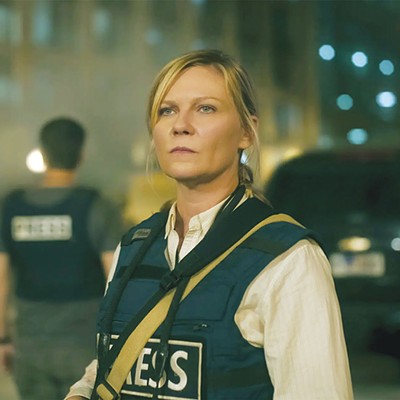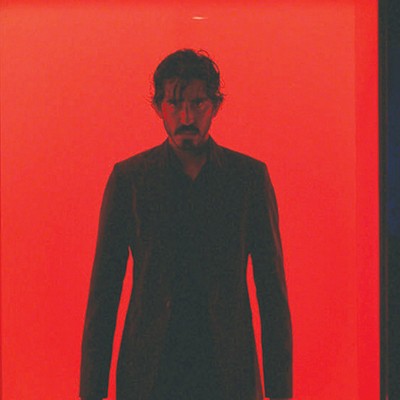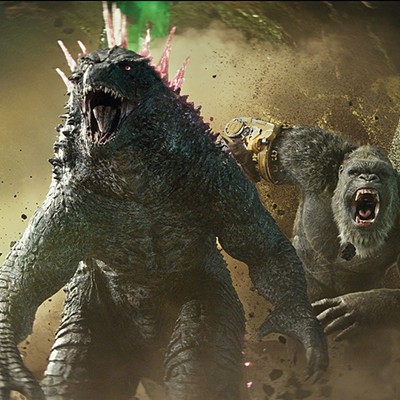Funny Games director Michael Haneke's loudly lauded black-and-white drama, The White Ribbon, isn't a film to be enjoyed. It's not exactly a film to be endured, but it is closer to that end of the entertainment spectrum. Bob Dylan once said to a Time magazine reporter who asked if the audience at the concert was entertained by his performance, "Who wants to go get whipped? And if you don't want to go get whipped, then aren't you really being entertained?"
In Funny Games, Haneke questioned the use of violence in films for entertainment, but here he theorizes on the origins of the violence committed by the Nazis. With Funny Games, the director was vocal about how he expected his audience to react - he wanted them to walk out once the child gets shot by the intruders. I read this in an interview after seeing the film, of which I did walk out. I didn't want to be entertained, and he didn't want to entertain me.
The White Ribbon details a strange time in a German village just before World War I. The routine of the feudal structure held together by the land's Baron, its doctor and its pastor is broken by a series of worsening acts of aggression. The source of the transgressions is unknown, the community grows suspicious and uneasy. This shifting from the status quo works as a catalyst to reveal the rotten core at the center of a strict, God-fearing, puritanical society.
The dominance of the three pillars of the community is shown to have a sadomasochistic bent. Haneke has worried on this theme before, but here he delivers his dissertation on the matter. The doctrine of retribution that underpins the religion and the suffering necessitated by this - between the Baron and his employees, between the parents and their children.
These children absorb not only every smack of the cane, but every hypocrisy, cruelty and fear of those responsible for their care. This is a time when children addressed their father as "sir" and used the formal "sie" of the German language, rather than the informal "du." This authoritarianism leaves its mark on the young, leaving them wide open to Hitler's persuasion as they grow older.
Lars von Trier took on the God-fearing, puritan roots of America and the country's knee-jerk reaction to the violence of September 11 with Dogville. Similarly, von Trier opened a can of corruption, but he let Nicole Kidman take the fall for his characters' sins. Similarly, The White Ribbon is deliberate and dry - an illustration, as opposed to a story. This is not an involving film, it takes on the tone of its adult subjects - that is, detached, stern and cold.
Dogville was vehemently hated, whereas The White Ribbon scooped award after award. Haneke wants us to learn from history, and in a sense, this film can be watched with knowing satisfaction, embedded as it is in a time and place long past. Von Trier suggested the past is not such a foreign land, but he got a little too close for comfort.
The White Ribbon
★★★★✩
Starring Christian Friedel, Leonie Benesch and Rainer Bock. Directed and written by Michael Haneke. Rated R


















